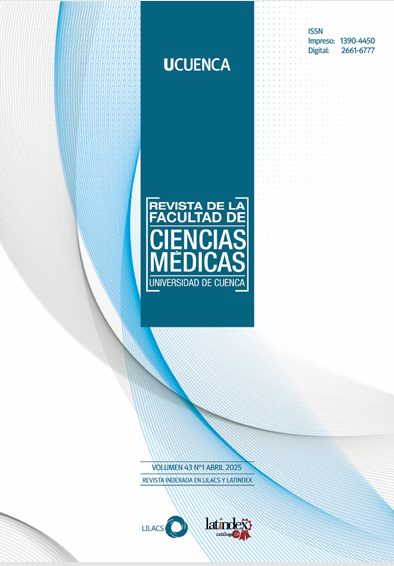Experience of children and adolescents with visual impairment and the role of their representatives regarding oral health
DOI:
https://doi.org/10.18537/RFCM.43.01.02Keywords:
visually impaired persons, health education dental, oral healthAbstract
Introduction: visual impairment (VI) presents several challenges and its impact on oral health has not been sufficiently explored in the scientific literature. This study investigates the experiences of children and adolescents (CA) with VI, and their representatives, regarding their oral health practices and knowledge, in order to identify difficulties and better understand their specific needs.
Objective: to learn about the experience of children and adolescents with VI and the role of their representatives regarding oral health.
Methodology: a qualitative phenomenological research design oriented to content analysis using semi-structured interviews and participant observation was carried out. Ten children and adolescents with VI between 6 and 12 years of age were included with their representatives. Chain sampling was used to recruit participants. The analysis was carried out through inductive and deductive coding, categorizing a priori knowledge, oral hygiene practices and the role of the representatives; as an emerging category, the difficulties experienced were analyzed. The Atlas Ti version 23 software was used to manage and analyze the data collected.
Results: in order to learn about the experience of children and adolescents with VI, knowledge, practices and difficulties related to oral care were evaluated. Participants showed basic knowledge about the importance and prevention of oral diseases. Regarding practices, variations in brushing frequency and technique were evidenced. Barriers in oral care and lack of adapted products were identified. Mothers were the main caregivers, playing a fundamental role in daily care.
Conclusion: differences were identified in relation to oral care knowledge and practices, as well as the difficulties they face in accessing adequate information. Representatives play a key role in the maintenance of oral health, although they also showed deficiencies in their knowledge.
Downloads
Published
Issue
Section
License
Copyright (c) 2025 Mónica Beatriz Dávila Arcentales, Israel Sebastián Idrovo Landy

This work is licensed under a Creative Commons Attribution-NonCommercial-ShareAlike 4.0 International License.
Copyright © Autors.

You are free to:
 |
Share — copy and redistribute the material in any medium or format |
 |
Adapt — remix, transform, and build upon the material for any purpose, even commercially. |
Under the following conditions:
 |
Attribution — You must give appropriate credit, provide a link to the licence, and indicate if changes were made. You may do so in any reasonable manner, but not in any way that suggests the licenser endorses you or your use. |
| NonCommercial — You may not use the material for commercial purposes. | |
| ShareAlike — If you remix, transform, or build upon the material, you must distribute your contributions under the same license as the original. |
| No additional restrictions — You may not apply legal terms or technological measures that legally restrict others from doing anything the licence permits. |






